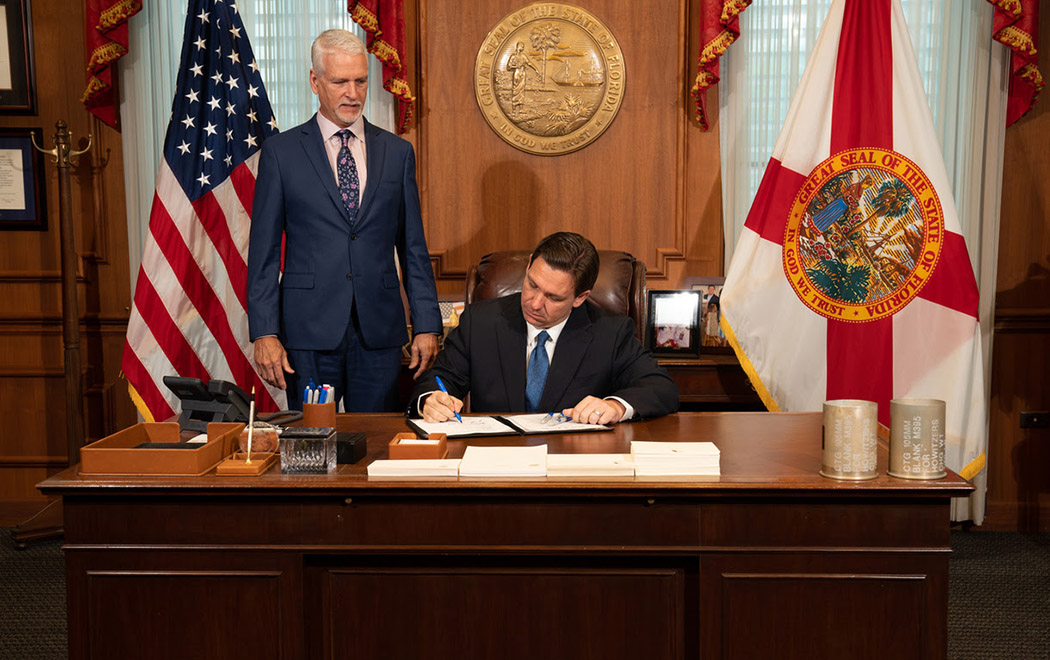HIGH SPRINGS ‒ Good News Arts held its 2nd annual Paint the Night Gala fundraiser at Rustic Oaks Ranch on Saturday evening, May 20. The event helps raise funds for gallery operation, classes and children’s activities the Gallery sponsors.
Because the gallery is heavily invested in the local community and is a nonprofit venture, fundraising events help cover expenses, and the community has shown their support. The signature event is the Paint the Night Gala. The sponsors, businesses and community volunteers are what makes it a success according to gallery founder and artist Jessica Caldas.
Tickets to attend were $40 in in advance and $50 at the door and over 150 people attended. For that price, attendees were treated to dinner, an open bar and several activities and entertainment including a live DJ, violin quartet, a fire dancer, live poetry readings and a live painting exhibit. There were also gift basket giveaways and a 50-50 raffle.
Most of the activities, food and venue were donations to the event to keep cost down and add more money to the fund raiser. There was also a silent auction of work donated from over 30 artists.
The Rustic Oaks Ranch and venue provided the location free of charge, The Great Outdoors was a sponsor and provided meals free, and Mi Apa served food at cost. Golden Group's Consultants paid for the bar with additional donations from Dorn Liquors and the High Springs Brewery. Porta Serve and The Barber Group also provided funding for the event.
Good News Arts is a registered 501c3 charitable organization that serves arts and culture to the High Springs and Alachua County community in the form of exhibitions and arts programming for all ages. “The gallery is designed to be a community arts space and gallery that collaborates with artists and the community to provide contemporary arts and education that is affordable, accessible, and equitable,” Caldas said. “We want to provide a space for local, regional, and national artists to show challenging and engaging work tied to relevant contemporary issues.”
Caldas says that artists are chosen by the power of their practice and message, rather than the commercial viability of their work. The organization does not take a commission from the artists, but instead allowing the artists to keep all their sales, and also provides honorariums and stipends when possible.
Caldas said, “Outside of curated exhibitions, Good News Arts is an open space for community members to present work including musical performances, spoken word, events, and whatever else serves the community’s needs.”
The gallery partners with local schools, libraries, nonprofits, and other community organizations to broaden their impact and serve the community as thoroughly as possible. This includes classes in the various arts, many geared toward children, and after school care and summer camp focused on the arts.
“We charge a nominal fee on classes and school programs to cover costs,” said Caldas. “But none of it's for profit—it’s all about engaging the community and promoting arts.”
Helping make the 2nd annual Paint the Night Gala fundraiser a reality, community volunteers provided staffing and the artist and musicians provided their talents as well. Gainesville Event DJ's provided music throughout the event. A high school violin quartet, Joey's Wings, named in memoriam for a fellow student who died of cancer, played classical music. The group performs to raise funds for children's cancer research.
Artist Pam Valcante performed a live painting demonstration and several people gave live poetry readings. Concluding the event, a fire dancer called 1 Girl Fire performed for the crowd.
“It was a wonderful evening with a lot of support for the gallery's mission from the community,” Caldas said. “Everyone had a fun time and we raised more than $6,000 for our programs.”
# # #
Email rcarson@
alachuatoday.com







